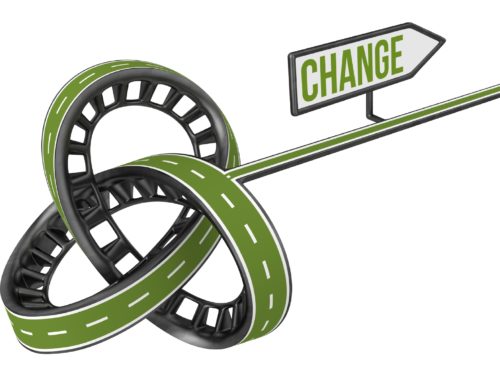This blog was first published in 2010. Considering we are near the end of perhaps the most divisive Presidential elections in recent U.S. history, it is an excellent time for all of us to reflect and ask ourselves – are we leaders or liars?
**************************************************************************************************************************************=
We choose every day. Consciously or not – are we a leader or a liar?
Most people have good and honorable intentions, and they want to do what’s right.
Here is the challenge – we know our intentions, but others do not. They look at our behavior and performance filtered through their lens of perception. Did we do what we said we would do? We may see ourselves as a leader, but to others we are simply lying to them or ourselves.
The failure to live up to our good intentions happens in every walk of life. And though most of these failures are not intentional, the net effect is a loss of trust in our colleagues, our leaders, and the institutions that shape our society.
Leadership has little to do with position and everything to do with our ability to influence others to achieve positive results. We lose the ability to influence when we lose trust, and we lose trust when our actions don’t match our intentions. Here are three ideas for moving forward.
- Tell yourself the truth.
Imagine wearing a large button with the words “Leader” and “Liar” written in opposite directions so that one of the words is always readable to others. How would those you wish to influence position the button on you? Would they say you are a leader or a liar?
- Make better choices.
Many years ago, Dr. Harry Emerson Fosdick created a six-point test for deciding right from wrong that was later adapted by Dr. Preston Bradley. We revised it into what we call the “The Ethics Litmus Test” and included it in the book, On My Honor, I Will.
- Does the course of action you plan to follow seem logical, responsible, and legal?
- Would the results be beneficial for all if everyone made the same decision?
- Where will your plan of action lead? How will it affect others?
- Will you think well of yourself when you look back at what you’ve done?
- How would the person you most admire handle this situation? What would your hero do?
- What would your family and friends think of your decision? Decisions made in the hope that no one will find out are usually wrong.
- Turn intention into action.
Thomas Edison said, “Vision without execution is hallucination.” You can’t change perceptions until you change performance.
Spend quiet time at the beginning of each day pre-playing your actions as a successful leader. Spend a few moments at the end of each day re-playing your shortcomings as a success.
Most important, commit to a course of action. Do just one thing different today, and then build on that success.
A few honest mistakes do not brand us as a terminal liar. Even the best leader has an occasional bad day. Becoming the leader you want to be is a continuous challenge to match intention and action and then to be better today than yesterday.




